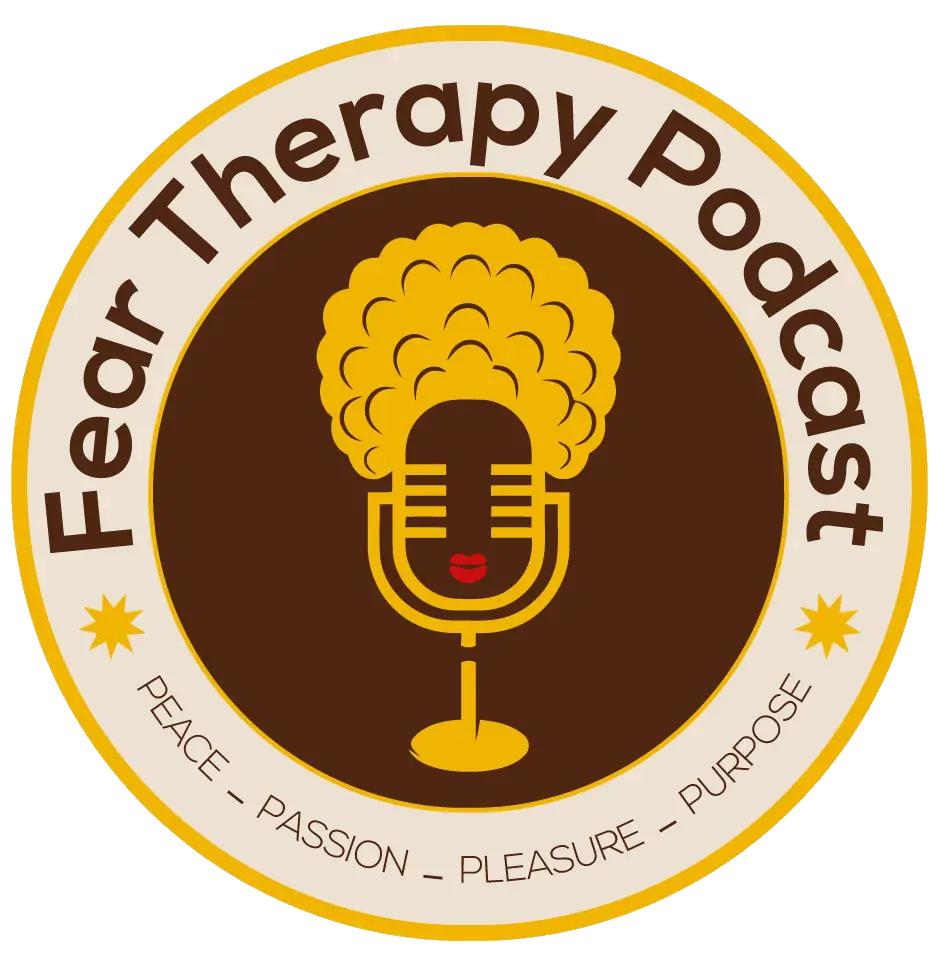I know it’s hard to admit, but it’s really difficult to control the shudders that creep up your spine at the mere thought of encountering a slithering snake. It must be hard to grapple with ophidiophobia, the fear of snakes. Please know that you’re not alone in this struggle.
Let me tell you about Mark who, just like you, has been grappling with a deep-seated fear of snakes since childhood. I can only imagine how difficult it must be for you, as it was for Mark, to navigate this fear that seems to take control of your emotions. Mark’s phobia began to take hold during a seemingly innocent summer day. While engrossed in a game of hide-and-seek with his friends, he unexpectedly stumbled upon a garden snake. The sight of that serpent sent shockwaves through his young mind, leaving an indelible mark of fear that only grew stronger with time.
As Mark grew older, his fear intensified. The rapid heartbeat and clammy hands you experience at the mere mention or depiction of snakes are clear signs of the overwhelming anxiety you’re facing. Just like Mark, you find yourself avoiding nature documentaries, zoo visits, and even conversations that revolve around these limbless creatures. Your fear has transformed into a force that limits your experiences and prevents you from fully enjoying life’s wonders.
Understanding the Development of Snake Phobia
It’s essential for you to know that the development of your fear, just like Mark’s, is a complex interplay of genetic predisposition and environmental factors. I understand that it may seem puzzling how this fear has taken such a hold on you, especially when you consider that snakes are not an immediate threat in your daily life. But fears, including ophidiophobia, are not always rational responses. Traumatic experiences, such as witnessing a snake bite or hearing terrifying tales, can create lasting imprints that trigger fear, even in non-threatening situations.
Practical Tips to Manage Your Fear

I want you to know that there is hope, and you have the power to overcome your fear of snakes. Here are some practical tips that may help you on your journey:
1. Education as Empowerment:
I know it may feel overwhelming, but take small steps to learn more about snakes. Understanding their behavior, habitats, and distinguishing venomous from non-venomous species can help demystify these creatures. Remember, knowledge is power.
2. Gradual Exposure:
I understand that even the thought of facing your fear head-on can be daunting. Begin by looking at pictures of snakes and gradually progress to watching videos. Over time, consider visiting a zoo or reptile park where you can observe snakes from a safe distance. It’s important to take it one step at a time, allowing yourself to gradually build your confidence and resilience.
3. Relaxation Techniques:
I can only imagine how overwhelming your fear can be, but there are techniques that can help you manage the anxiety and physical symptoms associated with it. Practice relaxation techniques such as deep breathing exercises, meditation, or progressive muscle relaxation.
4. Professional Intervention:
Therapies such as cognitive-behavioral therapy (CBT) or exposure therapy have proven to be effective in gradually desensitizing individuals to their fears. A trained therapist can guide you through these therapeutic approaches, helping you build resilience and regain control over your fear of snakes.
I want you to remember that you have the strength within you to overcome your fear of snakes. I know it’s not an easy journey, but by implementing the tips we’ve discussed, along with perseverance and a positive mindset, you can gradually tame the fear that has held you captive.
If you ever find yourself in a situation where you can’t breathe, can’t think clearly, and feel helpless in a situation, this 5-4-3-2-1 Grounding Exercise can be helpful for you!










